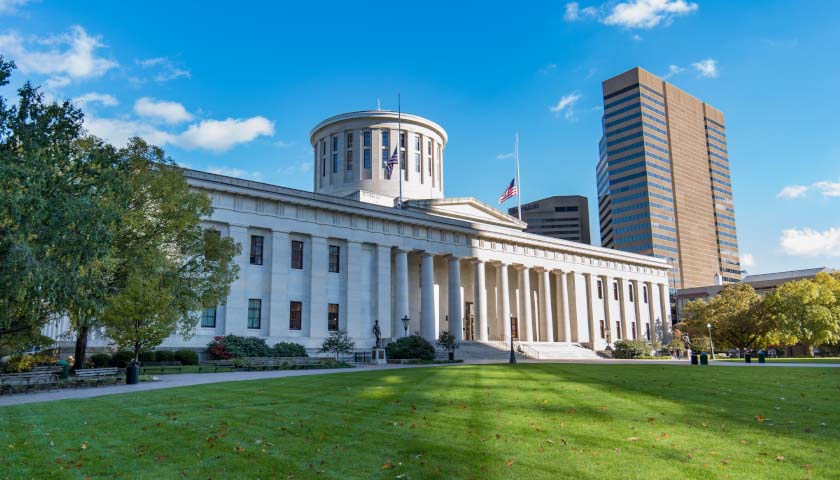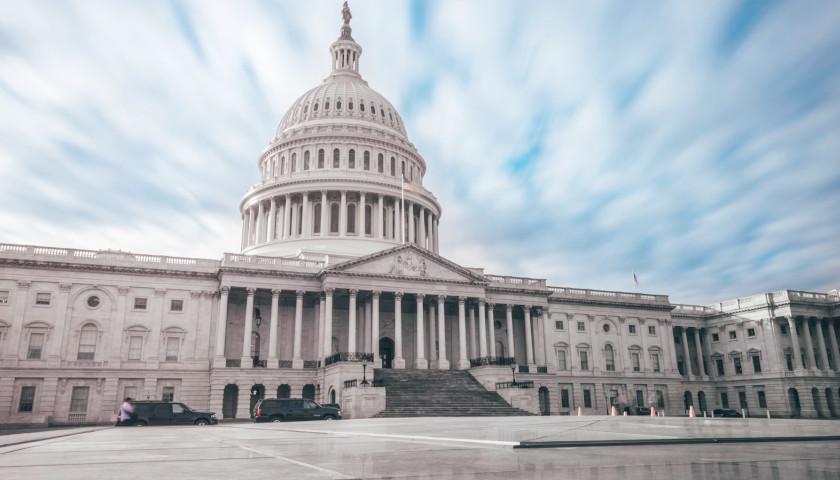by J.D. Davidson
Property owners could be spared challenges to property valuations from local school districts and the potential of higher property taxes if a bill recently passed by the Ohio Senate clears the House and is signed by Gov. Mike DeWine.
Amended House Bill 126 stops local school districts from initiating challenges to property tax valuations and appealing a decision from the board of revision to the board of tax appeals if a property owner filed a challenge.
The Ohio School Boards Association (OSBA) called the legislation an overreach, while the Ohio Chamber of Commerce and the Ohio Realtors Association supported the bill and recently penned an opinion piece on it.
“Despite the vitriol and misleading claims from editors and reporters in Ohio’s media, legislation recently passed by the Senate will actually curb abuses by local governments,” the groups wrote. “House Bill 126 will reclaim the tax appeals process for the people for whom it should be available: taxpayers.”
The chamber and real estate group used the op-ed to say school districts abuse current law by using tax dollars to challenge property values to raise revenue.
“After receiving over $6 billion in federal funding that includes little oversight, school districts are fighting tooth and nail for the ability to continue to abuse options in current law to extract even more tax dollars from real property owners,” the groups wrote. “Their aggressive tactics scare away investment in Ohio, and can cause homeowners to pay taxes on homes they did not even own, and add unnecessary cost to property ownership. It really is as simple as that.”
Will Schwartz, deputy director of legislative services for OSBA, said local district challenges to residential property valuations are rare, and most challenges focus on commercial property.
The Ohio Education Association, the state’s teachers union, said the current process has created a fair tax system for decades and HB 126 raises concerns.
“The bill eliminates a process that’s worked effectively for decades to ensure a fair taxation system,” OEA President Scott DiMauro said. “We are generally concerned about legislation that would reduce learning opportunities for kids rather than improve them.”
The amended version heads back to the House for passage or potential compromise with a House and Senate conference committee.
OSBA continues to talk with House members, urging a “no” vote on the amended bill when and if it comes back to the House floor.
“We think our position on the bill has merits and should continue to be debated,” Schwartz said. “We were opposed to the legislation when it was passed by the House in April of last year, and we continue to be opposed to the legislation in its current form. What was revised by the Senate was an overreach that not only would be detrimental to our association but to property owners across the state.”
OSBA wanted a requirement for local districts to create a policy outlining their challenge criteria to be in the bill.
“We feel that’s how these situations play out best when local officials have discussions locally,” Schwartz said. “That way we are being transparent about a district having challenges and having those things in a policy for the public and everyone to see what kind of guardrails and rules they have.”
– – –
An Ohio native, J.D. Davidson is a veteran journalist with more than 30 years of experience in newspapers in Ohio, Georgia, Alabama and Texas. He has served as a reporter, editor, managing editor and publisher. He is regional editor for The Center Square.
Photo “Ohio State House” by Ɱ CC BY-SA 4.0.





